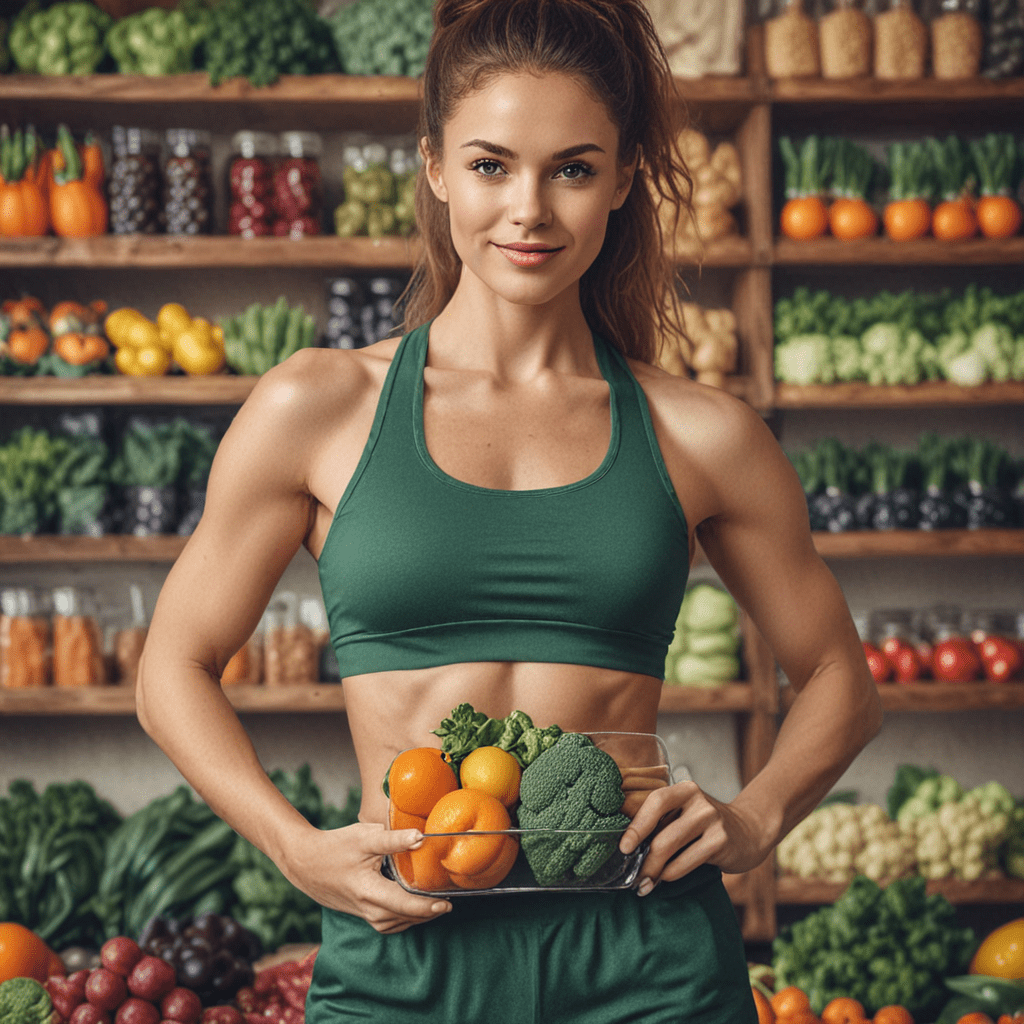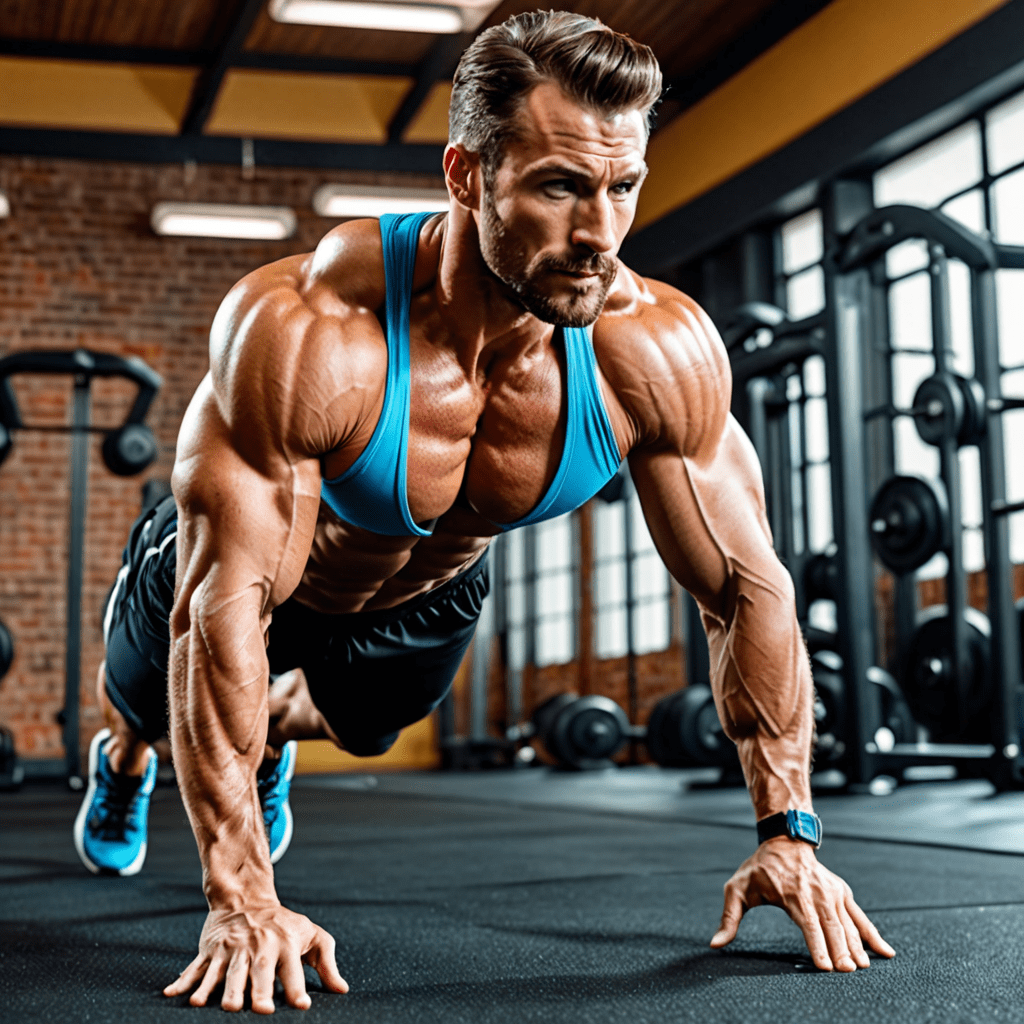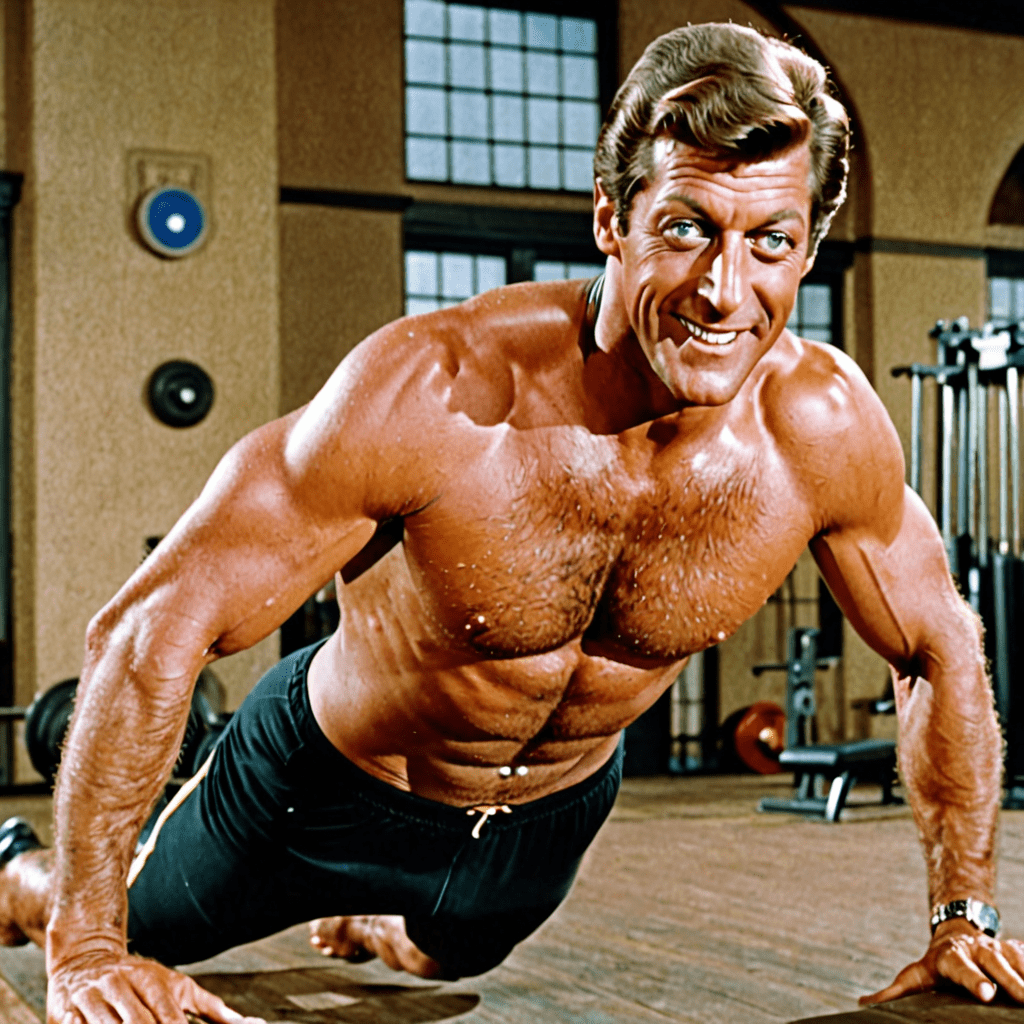
Introduction to the Vegan Diet and Its Potential Benefits
The vegan diet, characterized by the exclusion of all animal products, has gained recognition as a potential source of numerous health benefits. One area where it particularly shines is in boosting energy levels and vitality. By embracing a plant-based approach, individuals can harness the power of nutrient-rich foods to fuel their bodies and enhance their well-being.
The Science Behind Energy-Boosting Vegan Foods
The vegan diet provides a comprehensive range of nutrients that are essential for maintaining optimal energy levels. These include:
Plant-based protein: Vital for synthesizing enzymes, hormones, and neurotransmitters that regulate energy production.
Complex carbohydrates: Offer a sustained source of glucose, the body's primary energy source.
Iron-rich foods: Contribute to the formation of hemoglobin, which carries oxygen throughout the body.
Plant-Based Protein: Essential for Sustained Energy
Plant-based proteins, such as those derived from legumes, beans, lentils, and tofu, play a pivotal role in sustained energy levels. They not only provide the building blocks for muscle repair but also slow down the digestion of carbohydrates, preventing spikes in blood sugar and crashes in energy.
Complex Carbohydrates: Providing Long-Lasting Fuel
Complex carbohydrates, found in whole grains, fruits, and vegetables, release glucose gradually into the bloodstream, avoiding energy fluctuations. They also provide essential fiber, which helps regulate digestion and maintain a feeling of fullness, further supporting sustained energy levels.
Iron-Rich Foods: Combating Fatigue and Boosting Oxygenation
Iron is an essential mineral for energy production as it facilitates the transportation of oxygen to the body's tissues. Iron-rich foods, such as leafy green vegetables, fortified cereals, and beans, help combat fatigue and improve overall energy levels.
Vitamin B12: A Crucial Nutrient for Energy Metabolism
Vitamin B12 plays a critical role in energy metabolism by supporting the conversion of carbohydrates into glucose and the formation of red blood cells. Vegan diets may be low in B12, so supplementation or consuming fortified foods like nutritional yeast and plant-based milks is essential.
Antioxidants: Protecting Cells and Reducing Inflammation
Antioxidants, abundant in fruits, vegetables, and whole grains, combat oxidative stress, a major contributor to fatigue and aging. By neutralizing free radicals, antioxidants protect cells and reduce inflammation, promoting a sustained release of energy throughout the day.
Hydration: An Underrated Factor in Energy Levels
Adequate hydration is crucial for optimal energy levels. Dehydration can impair physical performance and cognitive function. Drinking plenty of fluids, particularly water, helps regulate body temperature, lubricate joints, and transport nutrients to cells.
Meal Planning and Recipe Ideas for Maximizing Energy
To maximize energy levels on a vegan diet, meal planning is vital. Focus on consuming nutrient-rich whole foods in balanced proportions. Include plenty of fruits, vegetables, whole grains, legumes, and plant-based protein sources.
Common Misconceptions and Tips for a Healthy Vegan Diet
Misconception: Vegan diets are restrictive and bland.
Fact: Veganism offers a wide range of nutrient-dense foods, providing endless possibilities for flavorful and satisfying meals.
Misconception: Vegans are deficient in essential nutrients.
Fact: With proper planning and supplementation when necessary, vegans can meet all their nutritional needs.
Tips for a Healthy Vegan Diet:
- Prioritize whole, unprocessed foods over refined options.
- Include a variety of fruits, vegetables, and whole grains in every meal.
- Choose protein-rich plant-based foods like beans, lentils, tofu, and tempeh.
- Consult a healthcare professional or registered dietitian for personalized advice and guidance.
FAQ:
Can a vegan diet provide enough protein?
Yes, plant-based protein sources like beans, lentils, tofu, and tempeh provide all essential amino acids.How can I ensure I'm getting enough iron on a vegan diet?
Include iron-rich foods like leafy greens, beans, and fortified cereals. Consider iron supplementation if necessary.Is a vegan diet healthy for everyone?
Veganism can be healthy for most people, but it's important to tailor your diet to your individual needs. Consult a healthcare professional before making significant dietary changes.

